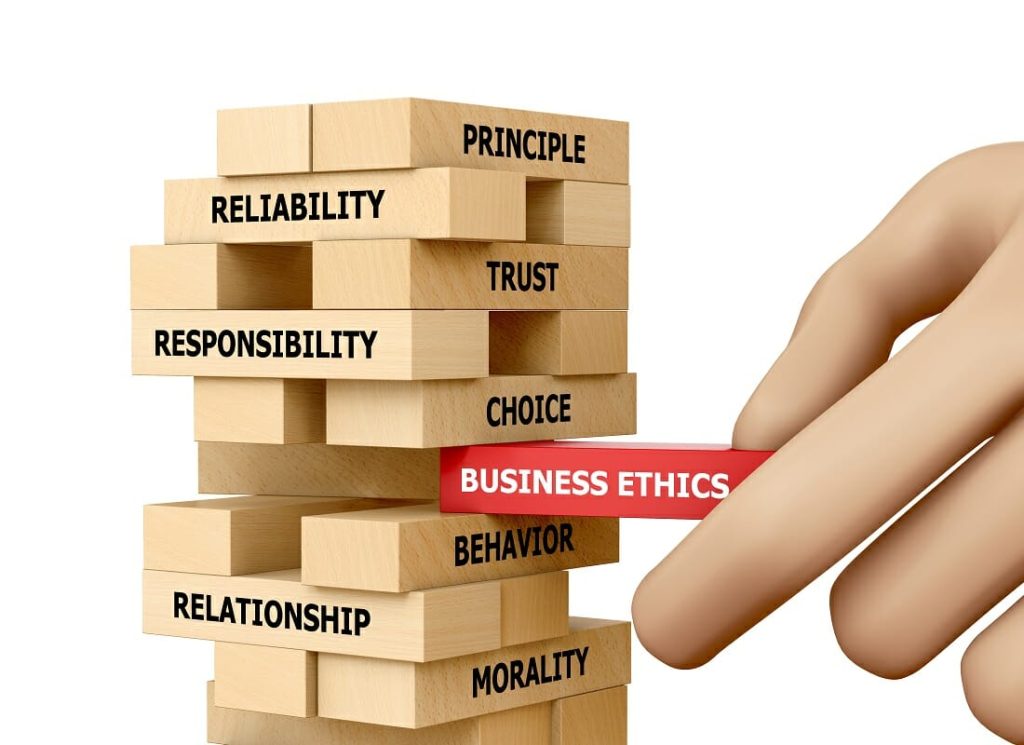Morality and value-based issues in the workplace are often difficult to handle when the employees need to choose between the right and wrong by their own principles. Smart employers who know how to implement workplace ethics policies are usually well prepared for the potential conflicts of interest of opinion, values and culture in the workforce.
However, managing ethical issues requires a steady and cautious approach to matters, which can potentially be dangerous or illegal.
Step 1: Documenting the Issues
● Develop a workplace policy depending on your company’s philosophy, mission statement and conduct guidance.
● Incorporate the policy into your performance management program to hold employees accountable for their actions.
● Alert the employees to their responsibilities to follow professional standards in their job performance and interaction with peers and supervisors.
● Revise the employee handbook to include any missing policy and provide revised handbook to employees.
● Obtain written acknowledgement from employees that they have received and understood the workplace ethics policy.
Step 2: Training and Guidance for Up-Keeping Values
● Provide ethics training to employees.
● Provide instructions in learning how to address and resolve ethical dilemmas.
● Experiential learning, or role-play, may be used as an effective way to facilitate workplace ethics training.
● Provide examples of workplace ethics simulations, such as misappropriation of company funds, improper workplace relationships etc.
Step 3: Taking Effective Measures
● Designate an executive in-charge of handling employees’ concerns pertaining to workplace ethics.
● Consider whether your organization also needs an ethics hotline, a confidential benefit service for employees to contact whenever they need.
● Confidential hotlines assure employees’ anonymity, which is a concern for “whistle blowing” actions.
Step 4: The Legal and Private Angle
● Research and apply federal, state and municipal labor and employment laws pertaining to whistle blowing.
● Refrain from making suspension, termination decisions, in connection with whistle blowing or when employee’s right is protected under whistle blowing laws or public policy.
● Look for legal advice for the employee reports of workplace ethics issues that may increase your organization’s legal liability.
The Legal Angle
Under the Texas Whistleblower Act, public-sector employees may be entitled to damages if an employer engages in retaliatory actions based on an employee who, in good faith, files a complaint related to workplace ethics.
The Act grants “[a] public employee who claims that his suspension, termination, or other adverse personnel action was in retaliation for his good faith reporting of violations of the law the right to sue for damages and other relief.”
Step 5: Keeping the Standard Intact
● Apply workplace policy consistently while addressing employee concerns about workplace ethics.
● Use the same standard in every circumstance, regardless of the perceived intention, seriousness or the position of employees involved.
● Communicate the same rules for all employees – whether executive or front-line production roles.
● Approach every issue with equal interpretation of the company policy.

